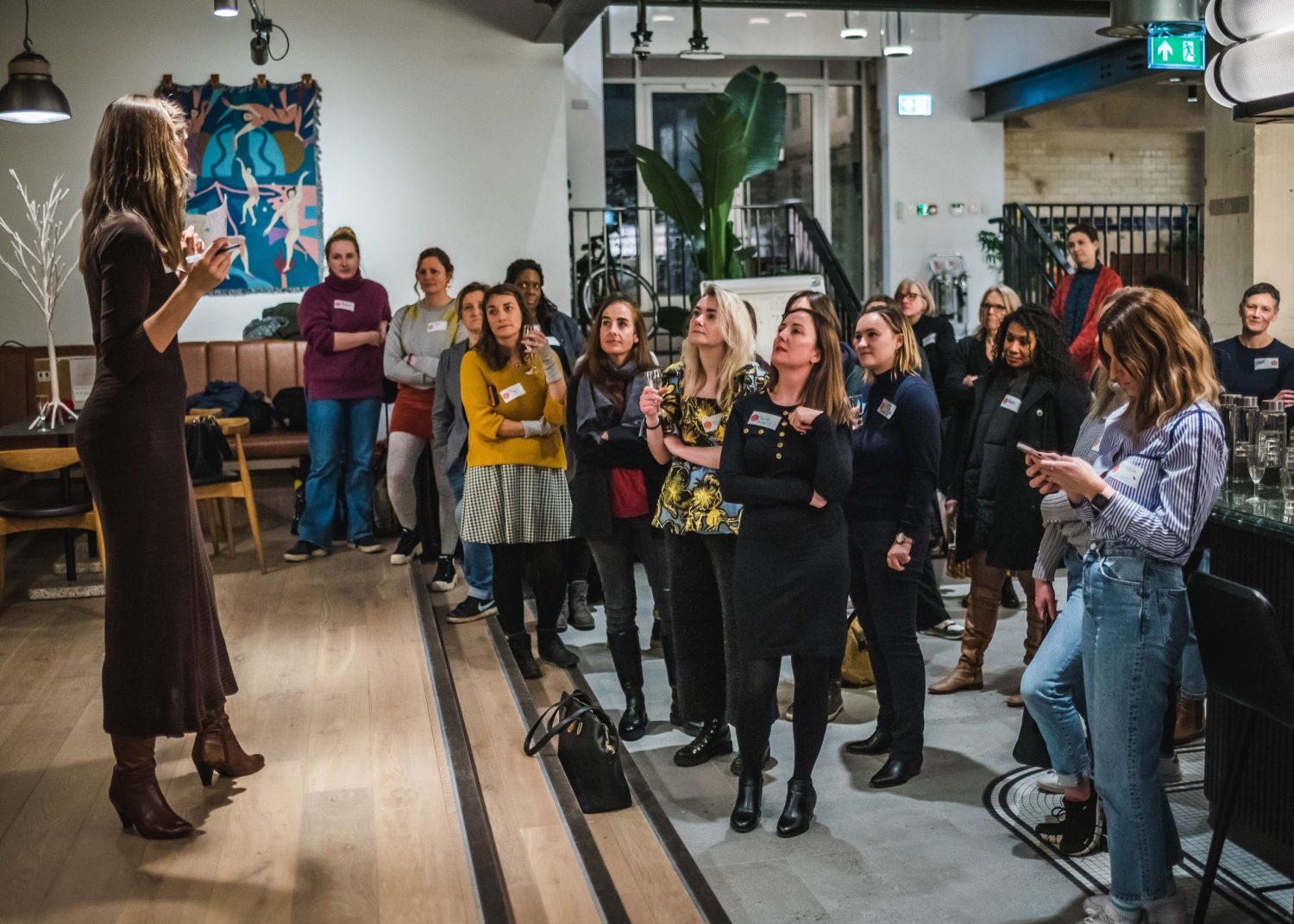SEARCH
Enter your search term below:
Close
Enter your search term below:

WORLD LEADING BUSINESS SUPPORT

“You don’t learn to walk by following the rules. You learn by doing and falling over.” This quote from Richard Branson came to mind more than once over the three days and 45 pitches that I observed last week.
SETsquared kindly invited me to Chair the panel as we selected the top 20 companies to pitch their companies for investment at the Global Corporate Venturing Symposium in June 2023. We were lucky, I don’t think anyone needed a trip to A&E to recover from a hard fall! In reality, the process was very friendly and supportive – as all the best pitches should be.
Each company had prepared a 5-minute pitch (with slides) and then faced 10 minutes of questions from our panel of investors, corporate venturers, and mentors. With companies ranging from health tech to deep tech, hardware, and software, and series B to seed funding there was a huge variety to consider and the only real commonalities were that all the companies were SETsquared members or Scaleup Programme participants, and they were all seeking £750k or more.
The pitch competition process is a well-established one. It is both an art and a science, which some founders were better practiced at than others. Ultimately the most common challenge was the time available combined with the temptation to spend too long explaining the science or the problem. Presenters left themselves too little time to cover the other key aspects of the pitch and particularly to give a sense of traction – whether readiness level or commercial progress. So I captured my learnings and tips for founders in this short post.
Thankfully, our panelists were very experienced when it came to listening to pitches, and so they made very good use of the 10-minute Q&A window to probe their propositions and to invite presenters to cover key information that might have been missed in the initial 5 minutes. With this structure, we were able to get a sense of who was ‘pitch ready’ and who was ‘investor ready’ i.e. comfortable dealing with the demanding and probing questions from the panel.
The quality of companies was impressive – our panelists remarked on the innovation of many of the companies that we encountered and enjoyed the variety of sectors and solutions that were presented.
We were also asked to consider environmental, social, and governance (ESG) presented and the impact of the companies we met. This is a growing interest area for many investors and certainly important for accelerators like SETsquared to focus on. A very small number of companies had a social or environmental impact at the heart of their proposition and were able to talk comprehensively about this aspect (whether through carbon footprint, sustainable development goals, or more). However, for the vast majority, the language and expectations around these areas were missing and needed development.
The sessions were a good reminder that securing investment is a journey – our panelists had sometimes met founders previously and their interest might have been reignited by the updates and progress that was presented. At times like this, I’m reminded of the founder I met who asked the same investor for investment 23 times and didn’t get a ‘yes’ until the 24th. The process is much like finding a life partner – you need to be sure that you’re both open to the opportunity at the same time and that your values and expectations match, and these things will likely change over time.
What excites me most about the 20 companies that have gone through and that will present in London on the 20th June is the known unknowns (to borrow from the Johari Window). We might know who the investors in the room will be, but we don’t know who will jump at the chance of investing or who they might have in their networks (beyond their own fund or organisation) who could benefit the founders.
And finally, to return to Richard Branson, hopefully, the process has helped the companies to ‘learn by doing and falling over’ in a safe place, rather than in a crucial conversation with their dream investor. We might even have given one of our panel a head-start with an investment opportunity that they would like to pursue for their fund or organisation.
Get all the fresh insights first! Stay up-to-date with all the
latest investment news, blogs and all things SETsquared.
Close
Close